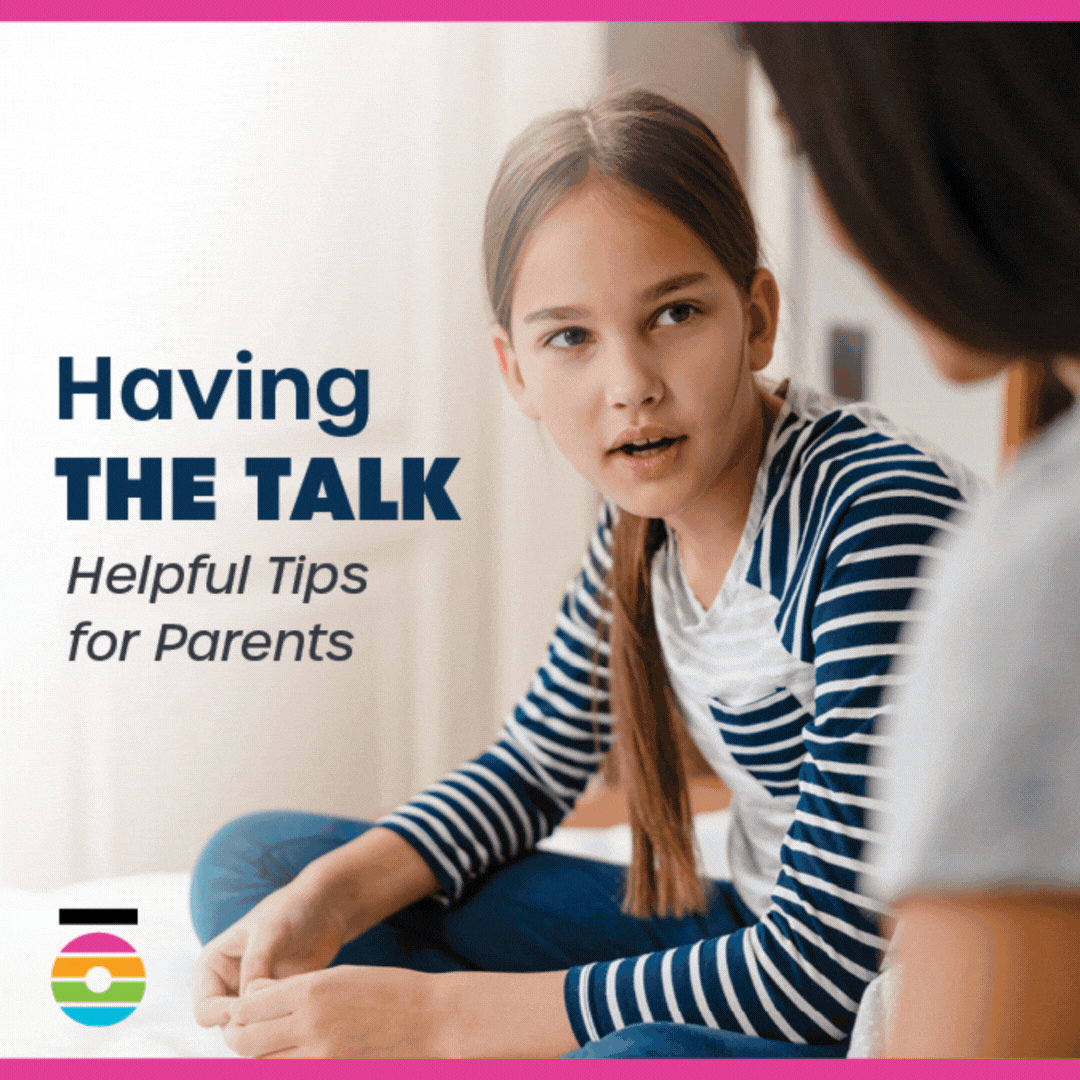Mental Health

Mental health includes our emotional, psychological, and social well-being. It affects how we think, feel, and act. It also helps determine how we handle stress, relate to others, and make choices.

It is a normal part of development for teens to experience a wide range of emotions. However, mental health disorders are characterized by persistent symptoms that affect how a teen feels, thinks, and acts. Mental health disorders also can interfere with regular activities and daily functioning, such as relationships, schoolwork, sleeping, and eating.

Depression is more than just feeling sad or having the blues. If you or a loved one feels empty, hopeless, or uninterested in things that used to bring joy, it may be a sign of depression.
The good news: depression can be treated. Reaching out for help is a sign of strength.
If you or someone you know needs support now, call or text 988 or chat https://www.helplinecenter.org/9-8-8/.

Suicide is preventable. If you or someone you know is struggling, reach out. There’s always help available. You are not alone.

Feeling overwhelmed? Try the 5-4-3-2-1 grounding technique to calm down and focus on the present moment. It’s a simple but powerful tool to manage anxiety.

Talking about your emotions can be hard, but it’s a big step toward feeling better. Try starting the conversation with your parents today. It might help more than you think!
Healthy Relationships

Starting “the talk” with your teen may feel tough, but it’s key to helping them make informed, healthy choices. Follow these tips for an open and honest conversation about sex.

Bullying is never okay, whether it’s in person or online. Learn how to stand up, be kind, and support others. Be a part of the solution!

Dating abuse is an attempt by abusive partners to gain or maintain power and control, and it comes in many forms. Abuse usually isn’t isolated — it forms a pattern of behaviors that collectively make the victim question their self-worth and become further entrenched in the abusive relationship.
SD Domestic Violence Hotline: 1-800-430-7233
National Domestic Violence Hotline: 1-800-799-7233
National Sexual Assault Hotline: 1-800-656-4673
Physical Health

As a teen, your parents managed appointments, meds, and insurance. Now it’s your turn—and you’ve got this. Start building independence: schedule appointments, understand your insurance, and meet your adult doctor. Cor Health + Wellness is here to help you take charge.

When students understand how their choices affect their health, they're more likely to build healthy habits that will last a lifetime.
The new HealthySD Schools website makes it easier for schools to bring health literacy to life using resources on nutrition, physical activity, mental health, and more.

Getting 60 minutes of movement a day can boost your mood, energy, and overall health! Whether it’s dancing, biking, shooting hoops, or just taking a walk, every move counts toward a healthier you.

Sugary drinks might taste sweet, but the effects on your health aren't! Learn the risks and swap them for healthier options.
Injury & Risk Prevention

Winter driving can be challenging, especially for new drivers. Stay safe by slowing down, keeping your distance, clearing snow from your car, and carrying a winter kit. Always buckle up and put your phone away.
